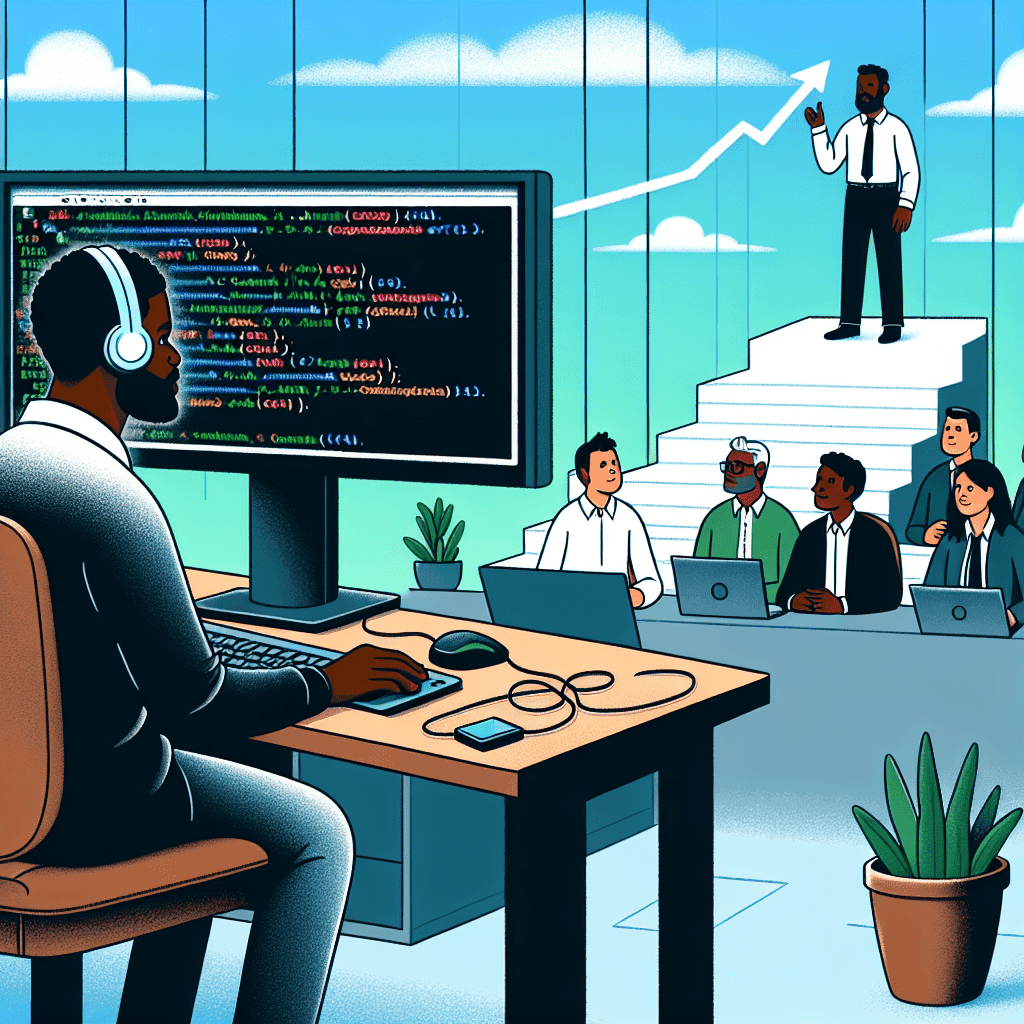Tech and AI Innovation: How AI is Transforming Communities in Kenya

Last week, I attended an AI conference that showcased groundbreaking innovations in Kenya’s North Horr Constituency—a region demonstrating how AI and digital tools can revolutionize communities, even in the most challenging environments.
I had the pleasure of sharing the stage as part of a panel discussion, where we tackled key issues such as Ethics in AI and the risks of overregulation stifling growth. It was an honor to participate alongside respected individuals, including my former lecturer, Njeri Ngaruiya Ng'ang'a (PhD), who also graced the panel with her insights.
As the CTO at farmbetter, I’m constantly inspired by how technology can empower smallholder farmers to build climate resilience and thrive in the face of adversity.
Here’s what I learned and why it matters
North Horr, home to the Chalbi Desert and the iconic Koobi Fora archaeological site, is a testament to the power of innovation. Here’s how AI is driving change:
1. AI for Climate Resilience:
Early warning systems for droughts and floods are helping farmers prepare for extreme weather.
AI-driven soil testing and water mapping are enabling pastoralists to make data-driven decisions about grazing and water sources.
2. Majik Water:
This initiative uses AI to monitor humidity and temperature, harvesting water from the air to provide clean drinking water for communities.
It's funny how many Kenyans, myself included, hadn't heard of Majik Water. I guess we were all too busy scrolling through Twitter for the latest "maandamano" updates and political drama to notice our local innovations!
Meanwhile, this project is getting international accolades with a Netflix documentary and mentions in the Washington Post. Now, they’re scaling this technology to manage boreholes—a potential game-changer for arid regions.
3. EdTech:
Solar-powered tablets (with offline content, which means content is already downloaded on-device) are bringing education to nomadic communities, ensuring children can learn even as families move. Imagine applying this to farmer education—empowering smallholders with on-the-go access to agronomic advice.
Key Learnings from the AI Conference
The conference reinforced how Africa can lead the AI revolution, especially if we address critical gaps, i.e:
1. AI Infrastructure Gaps:
Reliable connectivity and access to digital tools are foundational. Without them, even the best AI solutions can’t reach those who need them most.
2. Localized Solutions are Key:
AI models must incorporate local variables and contexts. What works in one region may not work in another.
3. Data as a Renewable Resource:
We need to become better stewards of data, ensuring it’s reusable, shareable, and stored in accessible formats. Open data platforms can unlock immense value for farmers and innovators alike.
4. Collaboration is Key:
Public-private partnerships, academia, and startups must work together to scale impact. I fondly recall a mantra from my former lecturer, Mrs. Ngaruiya: "African solutions by Africa." Achieving this vision hinges on strong collaboration.
What This Means for farmbetter
At farmbetter, we're embracing the transformative power of AI and technology to deliver personalized, digital advice to smallholder farmers right through their mobile phones. The groundbreaking innovations in North Horr highlight the potential of homegrown solutions to address local challenges across the continent.
This inspires us to think bigger and push for uniquely African solutions like expanding early warning systems and leveraging open data.
Closing Thoughts
The future of agriculture in Africa lies in innovation, collaboration, and localization.
Thank you to JKUAT + JHUB for curating the AI conference, a collaborative space between Academia and key Industry players for AI Innovation in Africa.
I'd also like to give a shoutout to my former lecturer, Njeri Ngaruiya Ng'ang'a (PhD), whose guidance and inspiration during my time on campus played a crucial role in shaping my career path and passion for leveraging technology to drive change.
Together, we can turn challenges into opportunities and build a more resilient future for Africa’s communities.



